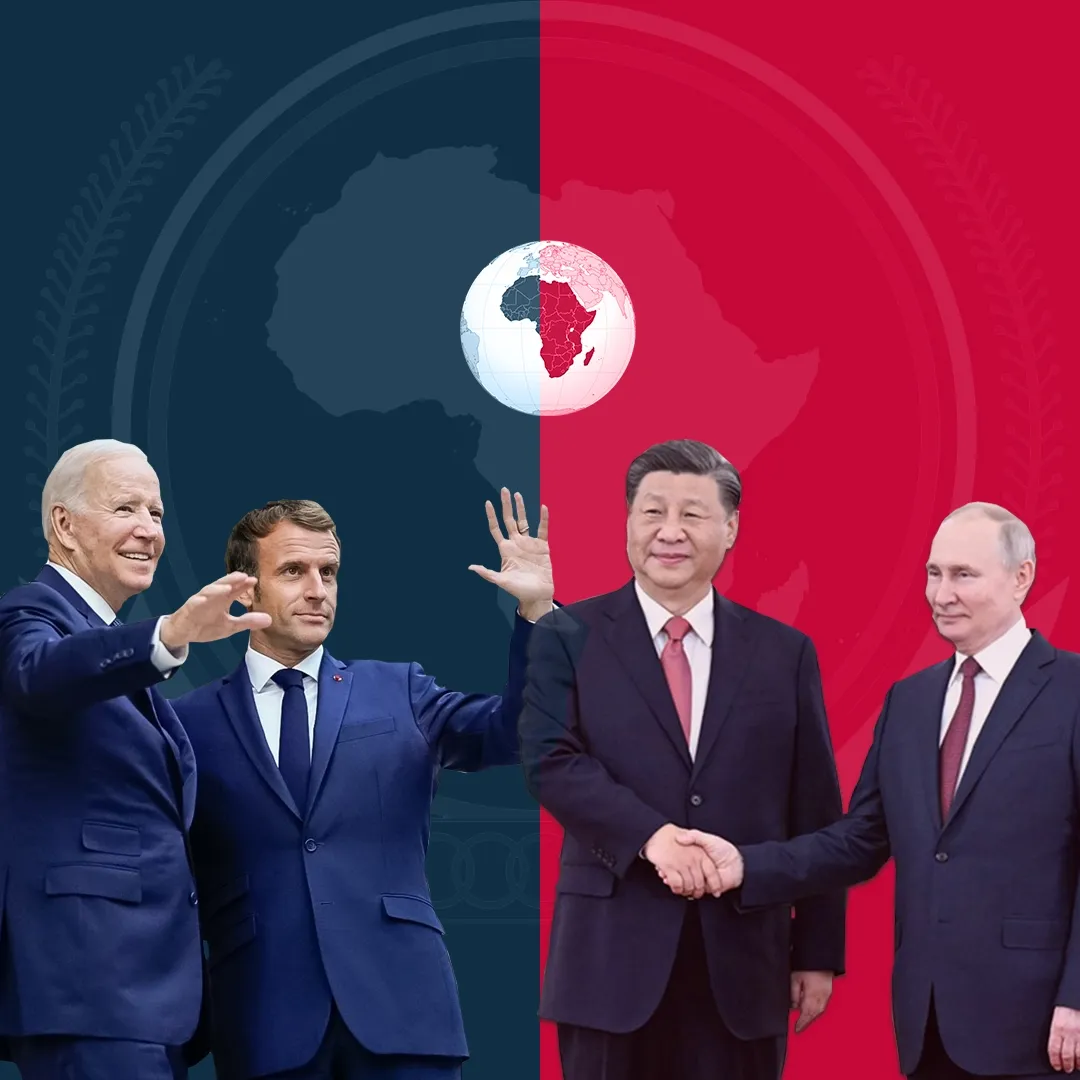1+ yr
🪢How to legitimately own a part of Africa's resources without towing the part of colonialism. A Series by Olufemi Richards 👉 Introduction: Before the colonial era, Africa was home to various diverse and sophisticated civilizations, including ancient Egypt, Mali, and Great Zimbabwe. The pre-colonial period was marked by trade, cultural exchange, and regional kingdoms. However, the scramble for Africa by European powers in the late 19th century led to colonization and the subsequent exploitation of the continent's resources. A century after, Africans began the struggle for liberation and self-determination, which resulted in various nations achieving independence and forming new...

Investing
Social Impact
Entrepreneurship
